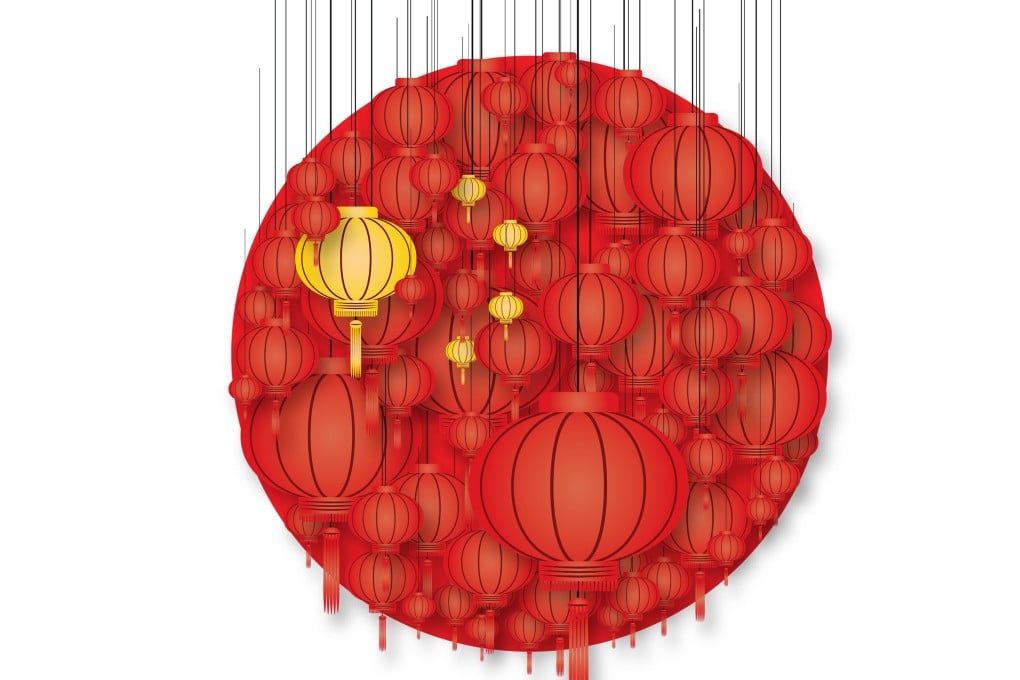New Rising Sun: can post-Abe Japan leave China’s shadow to lead Asia?
- A ‘genius in handling Trump’ and the patron of Abenomics, Japan’s longest-serving prime minister Shinzo Abe will be a hard act to follow
- Contenders must navigate South China Sea perils, an ugly US election, territorial disputes with China and Russia, and a riddle about pacifism

Over four terms of office stretching back to 2006, Abe did more to raise his country’s profile and international presence than perhaps any Japanese leader since the second world war. Along the way he became the country’s longest-serving prime minister, its youngest since the war, ushered in revolutionary economic policies that still bear his name, broached the taboo over the country’s pacifist constitution and built a formidable personal brand that gained the respect of capitals across the world.
Exactly who it is that faces that challenge will soon become clear; the ruling Liberal Democratic Party (LDP) is expected to elect its party leader on September 14 and then pick the new prime minister on September 17.

02:19
Japan’s Prime Minister Shinzo Abe resigns for health reasons
BIG SHOES
Abe’s legacy as a leader goes beyond the three-arrowed policies of “Abenomics” – aggressive monetary policy, fiscal consolidation and growth – that he pioneered to revive the Japanese economy from two decades of deflation and remains in use to this day.
